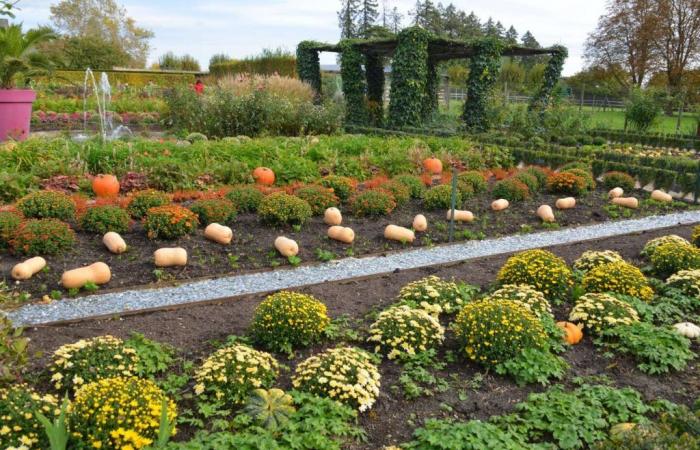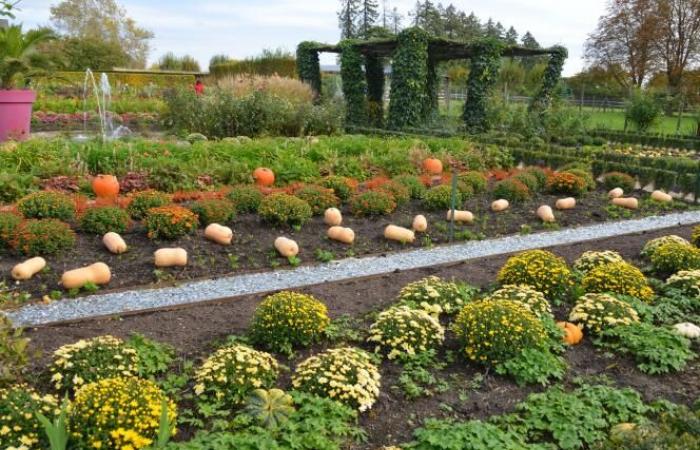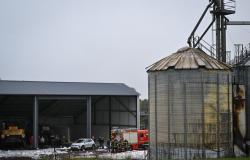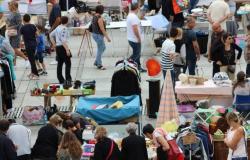“Agrophilosophy. Reconciling nature and freedom”, by Gaspard Koenig, L’Observatoire, 334 p., €23, digital €16.
EXCURSION TO THE PHILOSOPHERS OF THE FIELDS
Philosophers are city people. Perhaps this has not been emphasized enough. From Athens and Rome to Berlin and Boston, they frequent amphitheaters more than vegetable gardens, talk about power and not orchards, care a lot about knowledge but not about the growth of beans. At least, at first glance. Because, if we look carefully, we will still find an archipelago of remarks, anecdotes and analyzes which allow us to develop a rural side of thought. This series of avenues could make it possible to think differently about agriculture, the relationships between human action and nature, in short to outline a « agrophilosophie ».
This is the title of the new essay by Gaspard Kœnig, philosopher, novelist, journalist but also political troublemaker, author of already around fifteen essays, stories and novels. Free spirit, alert pen, this graduate normalien breaking away from academia is a friend of paradoxes: passionate about liberal thought, he fights against neoliberalism, attentive to the complexity of the world, he campaigns for the simplification of the rules. With agrophilosophy, he is today seeking new paths to reconcile entrepreneurial freedom and respect for the environment, progress and decline, ecology and humanism. Nothing less.
Nothing boring, either. The journey is light-hearted, because the author has humor, a sense of the concrete and a taste for experience. His crossing of Europe on horseback, in the footsteps of Montaigne (Our wandering freedomL’Observatoire, 2021), has changed its outlook on our time. He decided to live in Normandy and cultivate his garden, literally. The book is therefore nourished, with a zest of self-deprecation, from the impressions, discoveries and disappointments of an intellectual who has become one of these neorurals who now populate our countryside. Calling himself“eco-bobo”Kœnig draws on its microdomain to address global questions.
It could be pedantic, arrogant, dogmatic. It’s enjoyable, open to discussion and, overall, skillfully put together. Because Kœnig skillfully weaves anecdotes from his little house on the prairie, fragments of philosophical works devoted to agriculture and his own analyzes and proposals. Thus John Locke’s apples serve him to reflect on the need to rethink property without abolishing it, Thoreau’s beans to define a « demi-culture » where human activity intervenes in natural cycles without destroying them. The forest seen by Kant allows him to imagine a planet at peace, where the singularities of each people would be preserved. Among other things…
You have 26.24% of this article left to read. The rest is reserved for subscribers.







